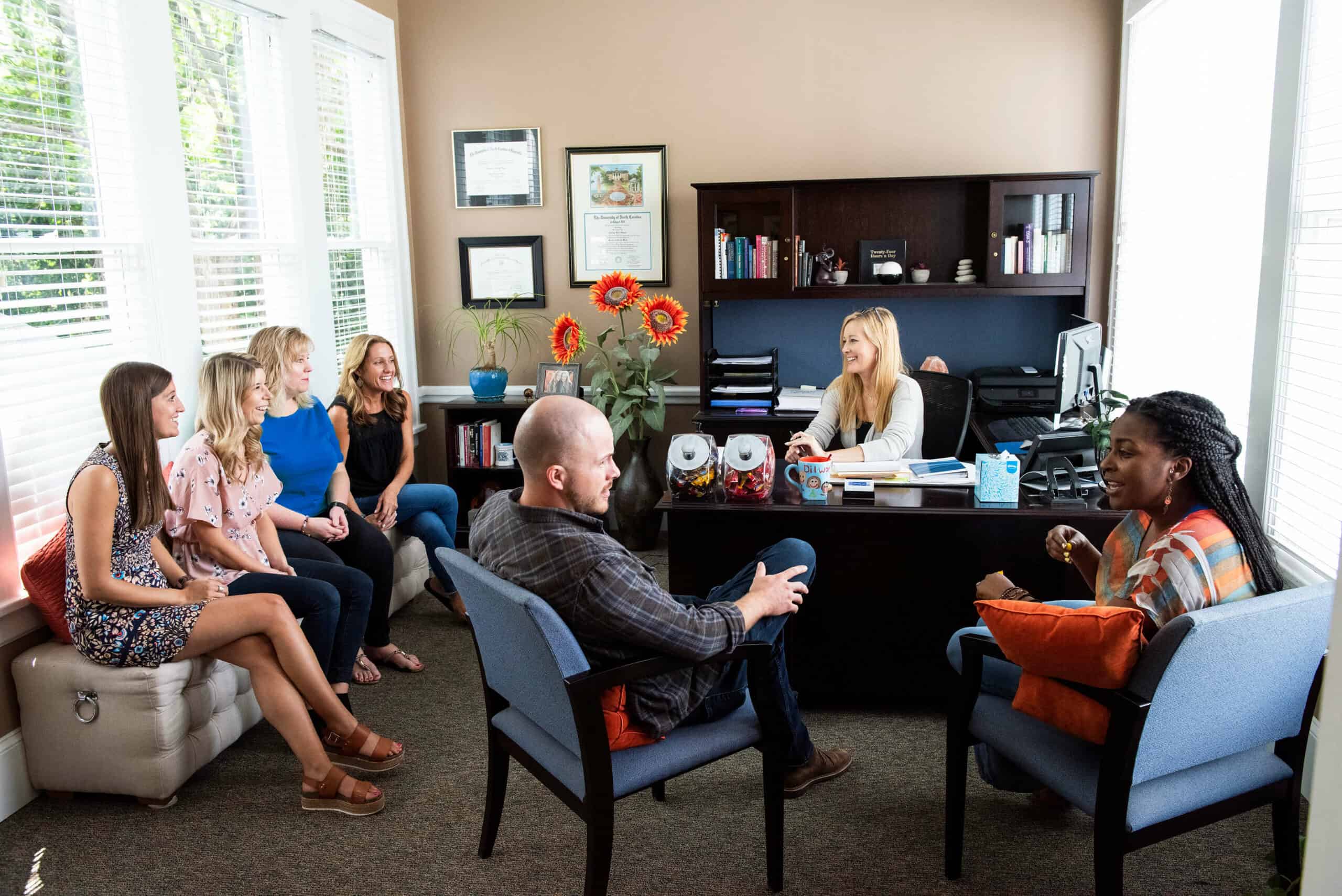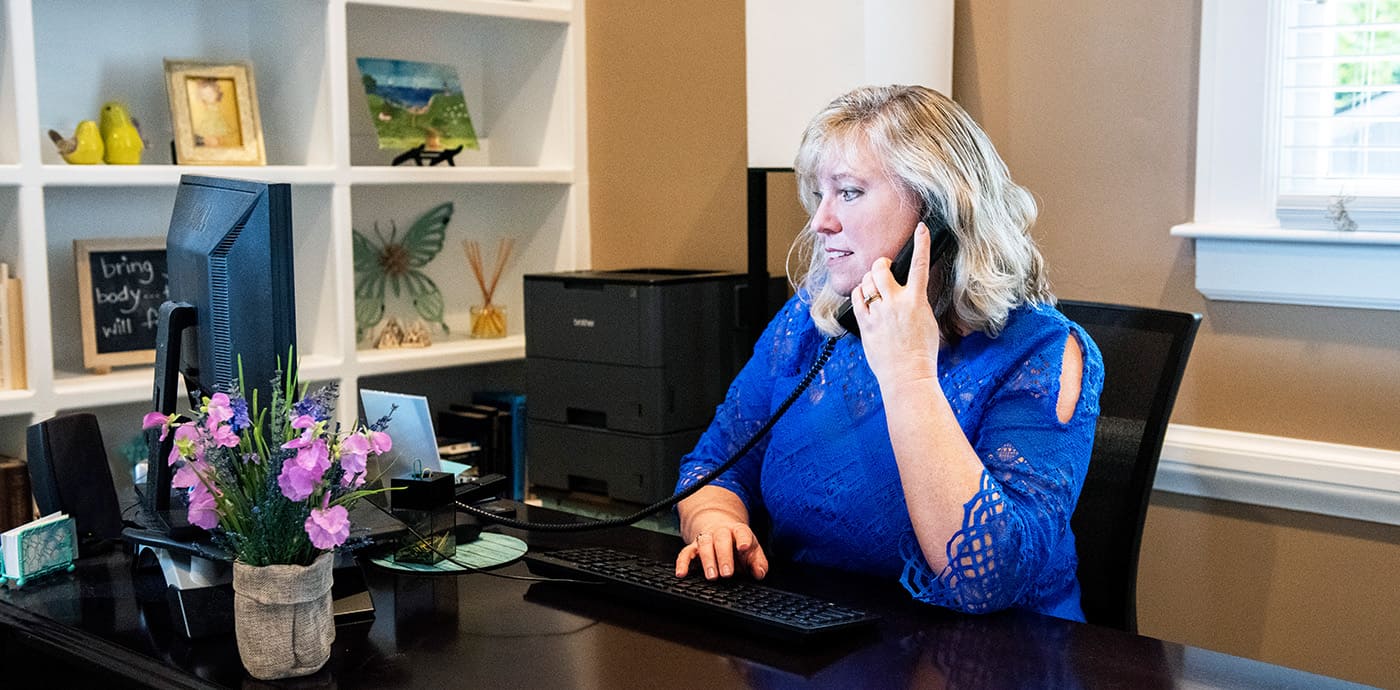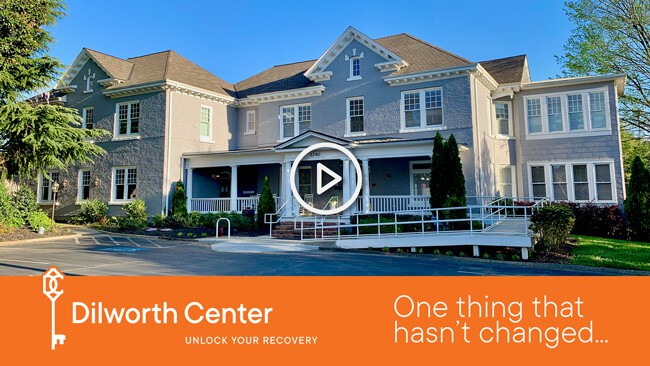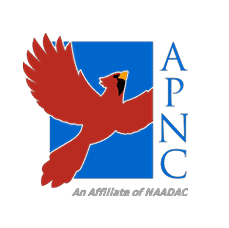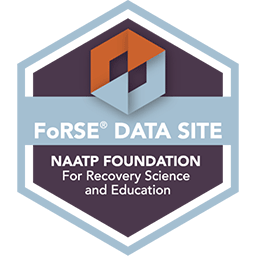Alcoholism and Drug Addiction Treatment
100% Virtual – Alcoholism and Addiction Treatment
We know how it feels…
To have no idea where to turn. You want to stop, but can’t.
Many of us here at Dilworth Center have been right where you are now.
Our Story
Our Story
Dilworth Center was founded in 1990 as a grassroots effort to provide recovery to members of the community. A few years later, we became a nonprofit organization, allowing us to expand our reach, treatment options, and staff—while still holding to the belief that every individual that walks through our doors is a priority.
For 30 years, Dilworth Center has been the key to recovery for thousands in Charlotte and the surrounding region. When an individual or family in crisis needs our help, we are here to offer hope, support, and recovery. We’ve helped thousands of individuals find a new and fulfilling life in recovery.
To ensure quality and effectiveness, while offsetting the costs of treatment, Dilworth Center augments patient fees with generous investments from foundations, corporations, the faith community, and individuals.
Our Treatment Philosophy
Dilworth Center provides effective and affordable treatment services for individuals and families affected by alcoholism and drug addiction. Our treatment programs maximize the chances for long-term recovery for all our patients. We assist our patients and their families in effectively treating alcoholism and drug addiction and helping them structure positive support systems.
Our philosophy is that recovery from alcoholism and addiction must begin with complete abstinence from all mood-altering substances.
We Believe…
- Alcoholism and drug addiction are diseases and therefore healthcare issues.
- People who suffer from these diseases deserve to be treated with the same dignity and quality of care as those who suffer from any other disease.
- Sustained recovery takes place in Twelve Step Programs such as Alcoholics Anonymous and Narcotics Anonymous.
- Treatment is about discovery; learning about the disease and the tools needed for recovery.
- Outpatient treatment represents a proven and effective level of care for initiating and enhancing recovery.
- Alcoholism and drug addiction seriously affect family members and loved ones. They should be offered compassionate understanding and help toward recovery.
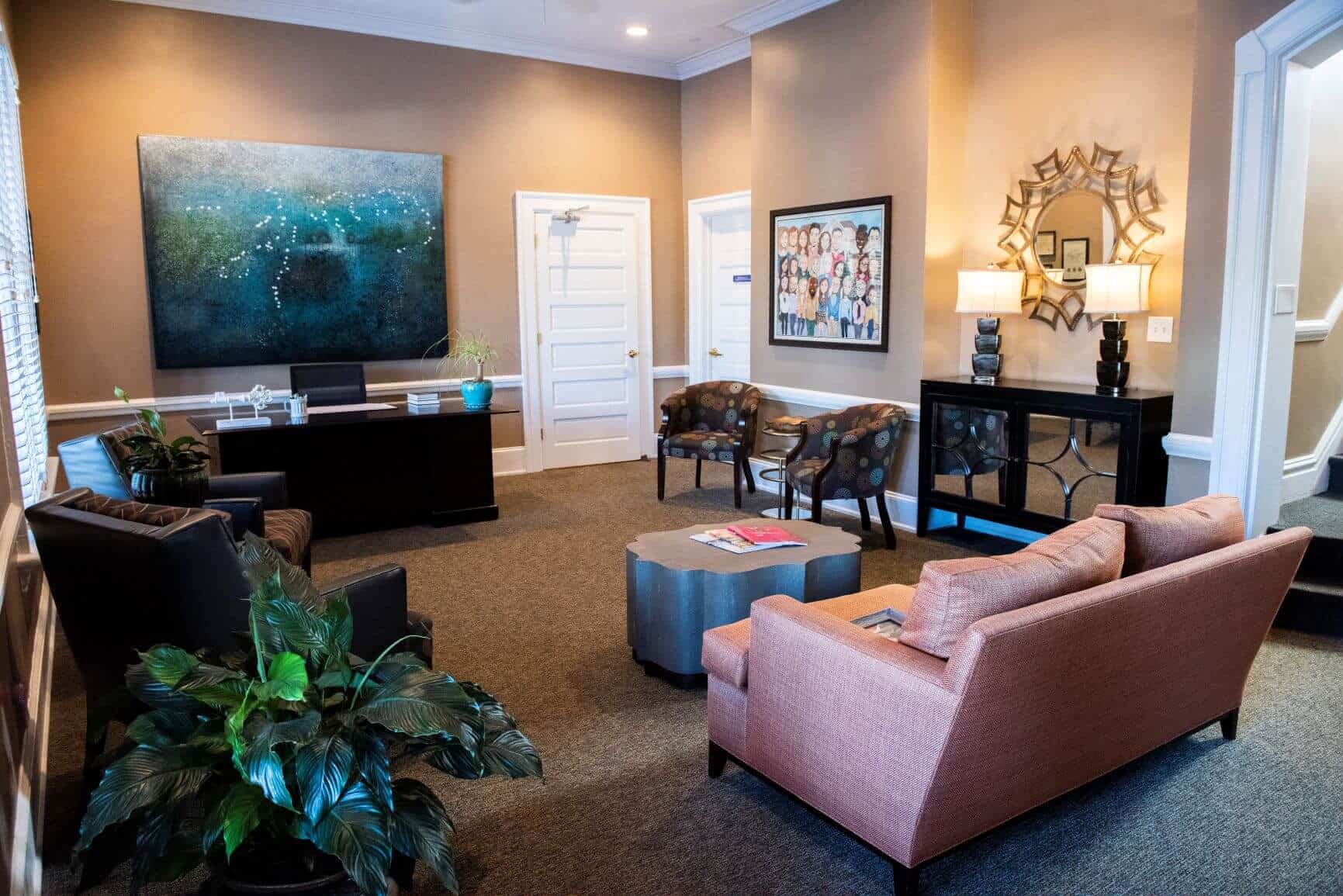
We promise to take the time to get you where you need to be—whether it’s with us or someplace else.
Our Team
For thirty years, we’ve dedicated ourselves to the sole purpose of addiction recovery for our patients.
Dilworth Center is a non-profit organization dedicated to providing effective and affordable treatment services for individuals and families affected by alcoholism and drug addiction. We are accredited by the Commission on Accreditation of Rehabilitation Facilities, and staffed by addiction specialists and counselors, many of whom have been dedicated to helping patients at Dilworth Center for over 20 years.
Accreditations
You’ve already taken the first, most courageous step you will ever take:
You’ve recognized your need for help.
Now it is time to reach out for the help you need.
Call one of our counselors today. Allow someone to come to your aid. You will find one of the advantages of working with a non-profit recovery center is the amount of time we dedicate to speaking with you to understand your specific situation. We will provide you with compassion, understanding, and most importantly, a clear treatment plan that will set you on the best possible path towards recovery.
704-372-6969
Whether you are reaching out for yourself or on behalf of a love one, we are here to listen and help. Through personalized telephone consults and on-site appointments, we are able to make individualized recommendations.
Can’t talk right now? Fill out the form below and we’ll reach out to you later.
Error: Contact form not found.
Treatment Schedules
Following a thorough assessment, a preliminary treatment plan is developed and the patient is given an orientation to the treatment process.
Level I
(8 Weeks)
(8 Weeks)
| 6:00 pm – 9:15 pm | Tues & Thurs |
| 9:00 am – 12:15 pm | Sat |
Level II
(8 Weeks)
(8 Weeks)
| 6:00 pm – 9:15 pm | Tues & Thurs |
Family Program
(16 Weeks)
(16 Weeks)
| 6:00 pm – 9:15 pm | Tues & Thurs |
| 9:00 am – 12:15 pm | Sat |
Family Programs
Family Programs
Addiction seriously affects family members and loved ones. We believe they should be offered compassionate understanding and help toward recovery as well.
Addiction seriously affects family members and loved ones. We believe they should be offered compassionate understanding and help toward recovery as well.
We recognize the significant influences families have on both the progression of the disease and the recovery process. The importance of family participation cannot be overstated, especially with adolescents and young adults.
“While our son was working on his recovery, we as family members were working on what we needed to be doing differently. The family group is a safe way to look at those things. You are sitting in a room with people who really understand what is going on. It’s really comforting to have that support.”
Cliff, Dilworth Center Family Alumnus
Family treatment consists of education and support including:
- Family group therapy
- Multi-family group therapy
- Individual sessions
- Family therapy sessions
- Al-Anon and Nar-Anon
Parents and guardians of adolescent and young adult patients are required to attend at least one Al-Anon or Nar-Anon meeting each week. Family members of our adult patients are also strongly encouraged to participate in these support groups on a weekly basis.
Family members should expect to learn about:
Family members should
expect to learn about:
- How the disease of addiction affects family members.
- How family members need healing just as much as their addicted loved ones.
- How to pursue personal healing and recovery.
- How to engage in less uncomfortable or hostile communication patterns with addicted loved ones.
- How to develop a strong understanding of the concepts of denial, enabling, detachment and boundaries.
- How unhealthy coping skills could be derailing their loved one’s progress in recovery.
- How to implement healthy behaviors to support their loved one.
- How consistent Al-Anon meeting attendance can help even the toughest family situations.
- How to rebuild relationships that have suffered as a result of living with the disease of addiction.
Our family program is structured in conjunction with the patient treatment program, allowing family members and patients to work together to heal relationships that have been strained by addiction. Upon entering treatment, patients are assigned a primary counselor as well as a family counselor. Our family counselors join with family members weekly in family group, multi-family groups, individual sessions, family conjoint sessions, and phone sessions. Family members are given as much support as necessary to facilitate growth and healing.
Dilworth Center Family Program
(The following is an email excerpt from CEO and President, Charles Odell to the Dilworth Center treatment team – January 15, 2020 )
As I’m sure many of you may recall, Dilworth Center was awarded a grant last year from the ABC Board for our Family Program. The grant was for the enhancement of the program which, in my opinion, was already outstanding and perhaps the best in town. Today, I submitted a mid-term report of our progress to the ABC Board. I had asked our Family Program staff to compile the data ABC requested. A human interest testimonial was also requested. I was so impressed with the i nformation, that I couldn’t help but share it with everyone. I hope you will take the time to review all this. I’m sure you will be as impressed as I am.
I’d like to thank our family counselors Diane Frederick , Laura Wesson and Jordan Tadlock, who do outstanding work day in and day out. Also, thanks go out to Laura and Jordan, who worked on the report along with Jake Allen, Corinne Freer and Tammy Hanson.
(Stay tuned for a similar update on the ABC grant report for the Outcomes Measurement Program)
Mid-Year ABC Grant Family Program Results
78 psycho-educational lectures were offered to patients & family members.
Lectures covered 24 different topics.
Family groups increased from two times to three times per week.
71 groups specifically geared towards family members were offered.
There was an average attendance of 14 people per group.
145 family members participated in the family program.
Total attendance of 960 people over the 71 groups.
95 individual/family meetings were held with counselors.
Approximately 300 calls to family members resulted in over 100 hours of client/counselor contact outside of family group.
Family members had access to 14 different types of support.
1) Family Interview/Evaluation prior to treatment.
2) Coaching to assist in setting boundaries and leveraging patient into treatment (at Dilworth or elsewhere)
3) Family Member Orientation to the treatment process.
4) Family Meeting with Patient and counselors near midpoint of treatment.
5) Boundaries development with a counselor
6) Completion of treatment review with family, patient, and counselors.
7) Crisis/Concerns meetings as required.
8) Three different lectures offered weekly.
9) Three different Family Groups offered weekly.
10) Check-In phone calls from a Family Counselor.
11) Access to over 80 Al-Anon, Nar-Anon, and Adult Children of Alcoholics/Dysfunction meetings per week in the Charlotte area.
12) Referrals for individual and couples therapy.
13) Referrals to higher levels of care and relapse prevention programs.
14) Continued access to lectures and family group after patient completes treatment.
97% were satisfied with their initial contact with staff at Dilworth Center.
97% were encouraged to participate in the family program.
98% were able to get in touch with a family counselor in a timely manner with questions/concerns.
98% have a better understanding of alcoholism/addiction and its’ characteristics because of participation in the family program.
98% found the information in the lectures useful.
88% were informed of the opportunity to participate in individual sessions and family meetings with counselors.
92% have more understanding and empathy for the challenges presented to people in early recovery.
92% engaged less in uncomfortable or hostile communication patterns with family members based on strategies presented in the family group.
92% have a better understanding of denial, enabling, detachment and boundaries do to participation in the family program.
88% feel more positive about their ability to have a healthy relationship with their loved one, should they continue to choose sobriety.
85% have been able to identify unhealthy coping skills within themselves and implemented healthier behaviors in various areas of their lives since participating in the family program.
93% have participated in a family meeting in order to discuss challenges and successes throughout the treatment process with their loved one and counselors
88% have received support and feedback in creating their own boundaries for when their loved one is no longer enrolled at Dilworth.
93% if co-parenting, have been able to form more of a “united front” with the help of the staff at Dilworth.
81% have been given valuable information regarding discussing addiction and recovery with other family members (i.e. young children, extended family).
98% would recommend the treatment services at Dilworth Center to others.
Can’t talk right now? Fill out the form below and we’ll reach out to you later.
Error: Contact form not found.

